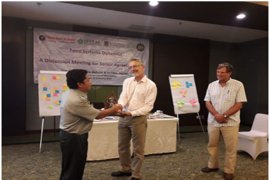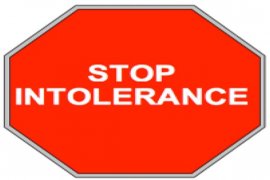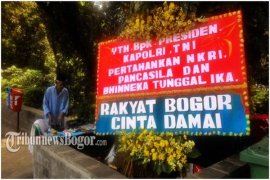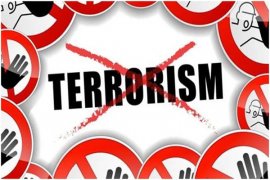In the era of social media today, it much influenced by the emergence of a variety of case-based religions in Indonesia, such as with social media, among others, facebook, youtube, twitter, blog, WA, telegrams and so on.
At least, some of the area used as study groups or other civil society researchers such as Jakarta, Bandung, Yogyakarta, Surakarta, Pontianak, Makassar, and Surabaya.
Judging from the many results of the survey, it can be described in broad outline mosaic: first, the majority of young people do not believe that radicalism and religious extremism motivated by the desire of Islamic law as much as 75.6 % and the violence do not agree 88.2 % religious groups, with the reason is not in line with religious values 44.3 %.
Second, social media and the internet access of young people do every day 60.4 % and 76.7 % openingfacebook, 58.4 % email and Internet access via mobile phones 87.8 %.
Third, Indonesia young children are still proud to be a citizen with the diversity 94.5 % by reason of various tribes and religions respect each 29.7 % and 26.8 % mutual aid society. While influencers make up 70.3 % of religious beliefs, and religious teachers 6 %.
Fourth, to avoid radicalism and extremism 24.8 % believe in religious study, 20.4 % do not provoked and 10.9 % do a positive move.
In addition, many narrative developed in conversation and even debate or hoaxthings in social media, ranging from US interests versus the Chinese in Indonesia, democracy versus capitalism, developing countries versus developed countries, Muslims versus infidels, justice versus liberalism, Pancasila versus khilafah Islamiyah until the conversation and hazards associated meme resurgence of communism.
From various conversations about radicalism in social media can be concluded that the initial radicalism among others, the democratic system was bad, the infidel is an enemy that will destroy Islam, the enemies of Islam who threaten such heathen, communism and liberal, the world is divided into two, namely Muslims and infidels, and Muslim persecuted by non-Muslim in majority areas. Framing to be formed is Muslims oppressed, persecutedi and treated unfairly. This is actually a great narrative would radicalism and extrimism.
According to some media social experts, was instrumental in the narrative reason for someone to do or believe something is or misinterpretation of the text, and the radicalism that do commentary in reality. Therefore, the interpretation of social media never gives the actual reality so that people easily believe social media without clarification of the radical narratives.
Finally, many have suggested the importance of sensitize the whole society to sensitize the narrative of the history of Indonesia that is not easily participate or find another narrative that denies the history of the Homeland as want to establish a caliphate.
The Rise of Communism
One of the most critical issue is the issue of the rise of communism in Indonesia, especially in a number of social media for outstanding revival of post communism in Indonesia is associated with the influx of workers from China.
This problem is already neutralized by state officials who are competent, but apparently continued to roll so that it becomes a formidable challenge for the community of Communications and Information Technology in the Ministry or Agency for synergy to solve this problem, by creating a narrative that makes sense and in accordance with the true facts. Because, said Abraham Lincoln, the public can actually be involved in solving the problems that faceby the country, with the one condition, that give them the right facts.
In addition, we as a nation, especially the younger generation must believe that our ideology of Pancasila if it practiced well and truly going to be a comprehensive solution to resolve the threat of radicalism, extremism, terrorism and even communism. The problem is many of us do not understand the values of Pancasila. Values of divinity demands that we tolerate in religious life, and a form of tolerance to the people of other religions.
Pancasila is the synergy of the world and the hereafter, envisaged in the first principle. The word "Esa" said in principle, describing the prima causa, the main cause. Because he is the primacausa, then he is almighty. It is accepted by all religions.
However, the ideology of the state with religious ideology, a different space. The ideology of the state in the public sphere and rational dimensions, while the religious ideology is located on private space and its spiritual dimension. Now, if the state ideology based on religious values, it will be the state religion, but the consensus of the founders of this nation it's not. They set up a unitary state based on Pancasila.
The existence of Pancasila is as the state. Pancasila is the source of all sources of law in the country of Indonesia and as a basis for regulating the conduct of the state. As the outlook of the Indonesia nation, Pancasila is the clue giver in achieving prosperity and happiness outwardly and inwardly in our society that is diverse in nature.
The spirit and personality of the Indonesian nation, giving a typical pattern to the Indonesian nation and can not be separated from the people of Indonesia, and is a characteristic that distinguishes the Indonesian nation with other nations. The basic values contained in Pancasila ideology contains idealism, which gives hope of a better future through realization or experience in the practice of life together in various dimensions.
Pancasila as an ideology is a basic norm (Grundnorm) and the fundamental norms of the country (staatsfundamentalnorm), as well as the soul of the nation (volksgeist). The world has already noted, the Russian state dissolved or died because of ideology collapsed. Indonesian state will collapse, when the Pancasila ideology is no longer recognized by the nation's children.
Therefore all the elements necessary to maintain the ideology of Pancasila is still "magic" to face all threats, because so far Pancasila has been tested in the era of the influence of the cold war, between communism and liberalism, then the era of G-30-S PKI, the threat of separatist movements in various regions, such as Aceh, Papua, Maluku, further economic attacks of global capitalism, the 1998 reform, corruption and drugs.
*) The author is the observer of Indonesia from LSISI Jakarta.
Looking the Dynamics of Radicalism, Extremism and Communism in Social Media
Selasa, 17 Januari 2017 14:16 WIB
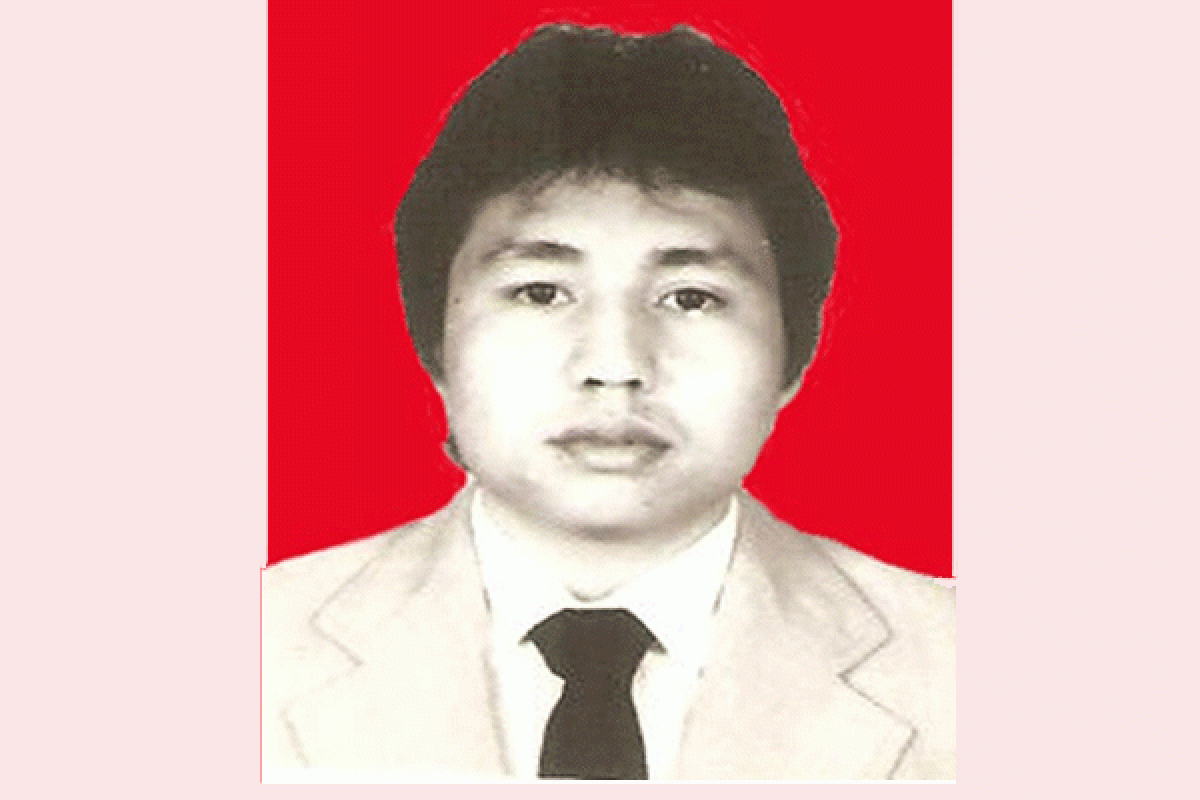
Datuak Tjumano. (ANTARA FOTO/Ist/Dokumentasi Pribadi/Dok).
All the elements necessary to maintain the ideology of Pancasila is still "magic" to face all threats.


